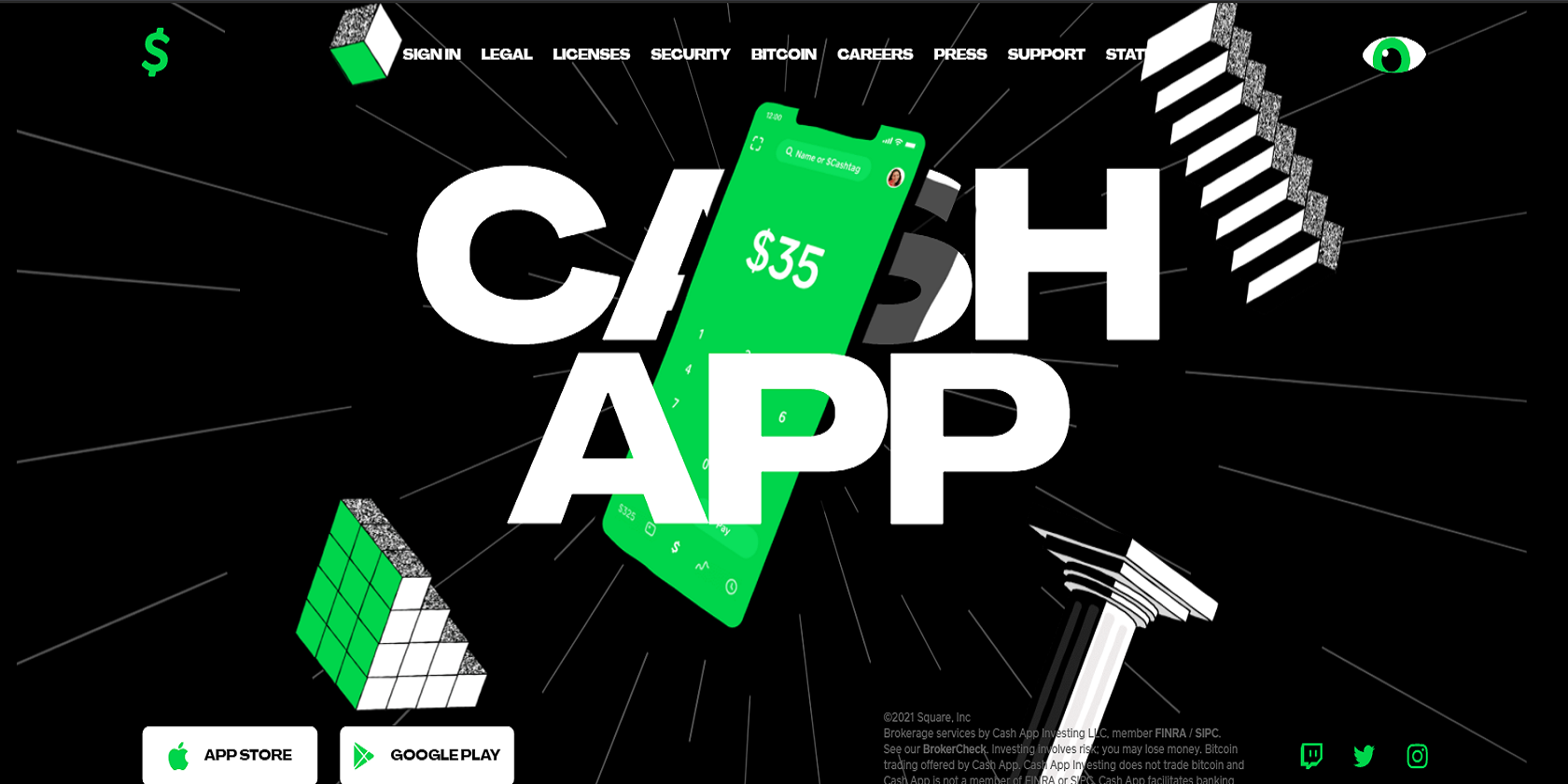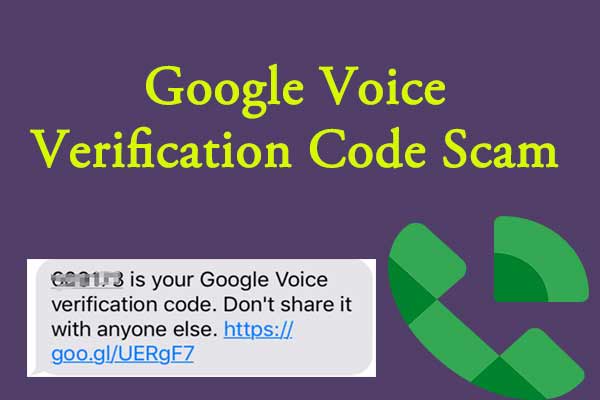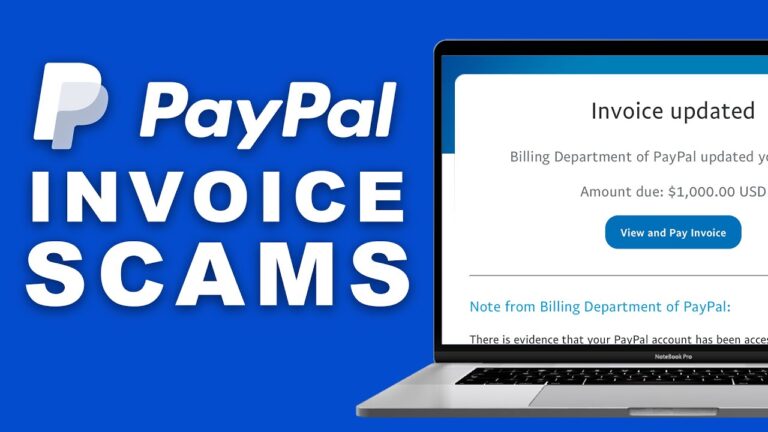Unmasking Cash App Scams: What To Do After You Are Scammed

In the digital age, peer-to-peer payment apps like Cash App have transformed the way we handle our finances, offering convenience and simplicity at our fingertips. However, with this convenience comes the potential for scams, and Cash App is no exception. In this blog post, we’ll delve into the world of Cash App scams: what they involve, how they work, and most importantly, how to recognize and protect yourself from these deceptive schemes.
Understanding Cash App Scams
Cash App scams encompass a range of fraudulent activities where scammers target unsuspecting individuals using the Cash App platform. These scams exploit the app’s popularity, often manipulating users into sending money or providing personal information under false pretenses.
The Anatomy of Cash App Scams
Cash App scams can unfold in various ways, but they typically follow these common patterns:
- Impersonation: Scammers may impersonate Cash App customer support representatives or other users, using fake profiles and contact information.
- Fake Transactions: They may send fake payment notifications, alleging that you owe money or have received funds, creating a sense of urgency.
- Phishing Links: Scammers may send links that lead to phishing websites designed to steal your Cash App login credentials or personal information.
- Prize or Giveaway Scams: Some scams promise large prizes or giveaways in exchange for sending a payment to claim your reward.
- Advance Fee Scams: Scammers may request upfront fees or payments to process transactions or unlock features, which are not required by the legitimate Cash App.
Recognizing the Red Flags
Identifying the warning signs of Cash App scams is crucial for protecting your finances and personal information. Here are common indicators to be aware of:
- Unsolicited Contacts: Be cautious of unsolicited messages or requests from individuals claiming to be Cash App support or offering financial opportunities.
- Fake Payment Notifications: Verify payment notifications independently by logging into your Cash App account and checking your transaction history.
- Suspicious Links: Avoid clicking on links from unknown sources, especially if they ask for login credentials or personal information.
- Requests for Payments: Be skeptical of anyone asking you to send money to claim a prize, unlock features, or cover unexpected fees.
- High-Pressure Tactics: Scammers may pressure you to make quick decisions or payments, often creating a sense of urgency.
Protecting Yourself From Cash App Scams
Defending against Cash App scams requires vigilance and informed decision-making:
- Verify Contacts: Always verify the identity of individuals claiming to be Cash App support or offering financial opportunities.
- Use the App Securely: Ensure that you use the official Cash App application and be cautious about sharing your login credentials or personal information.
- Double-Check Transactions: Independently verify transaction notifications by logging into your Cash App account rather than clicking on links.
- No Upfront Payments: Avoid making upfront payments or sending money to claim prizes or unlock features.
- Educate Yourself: Stay informed about common scams and red flags to protect yourself and those around you.
- Report Suspected Scams: If you encounter a Cash App scam, report it to Cash App support and your local law enforcement.
Conclusion
Cash App scams pose a significant threat to your financial security, but with awareness and caution, you can protect yourself from falling victim. Remember that legitimate Cash App support will not ask for your login credentials or request upfront payments for services. By adhering to these guidelines, you can navigate the world of digital finance with confidence and avoid becoming a victim of deceptive Cash App scams.






